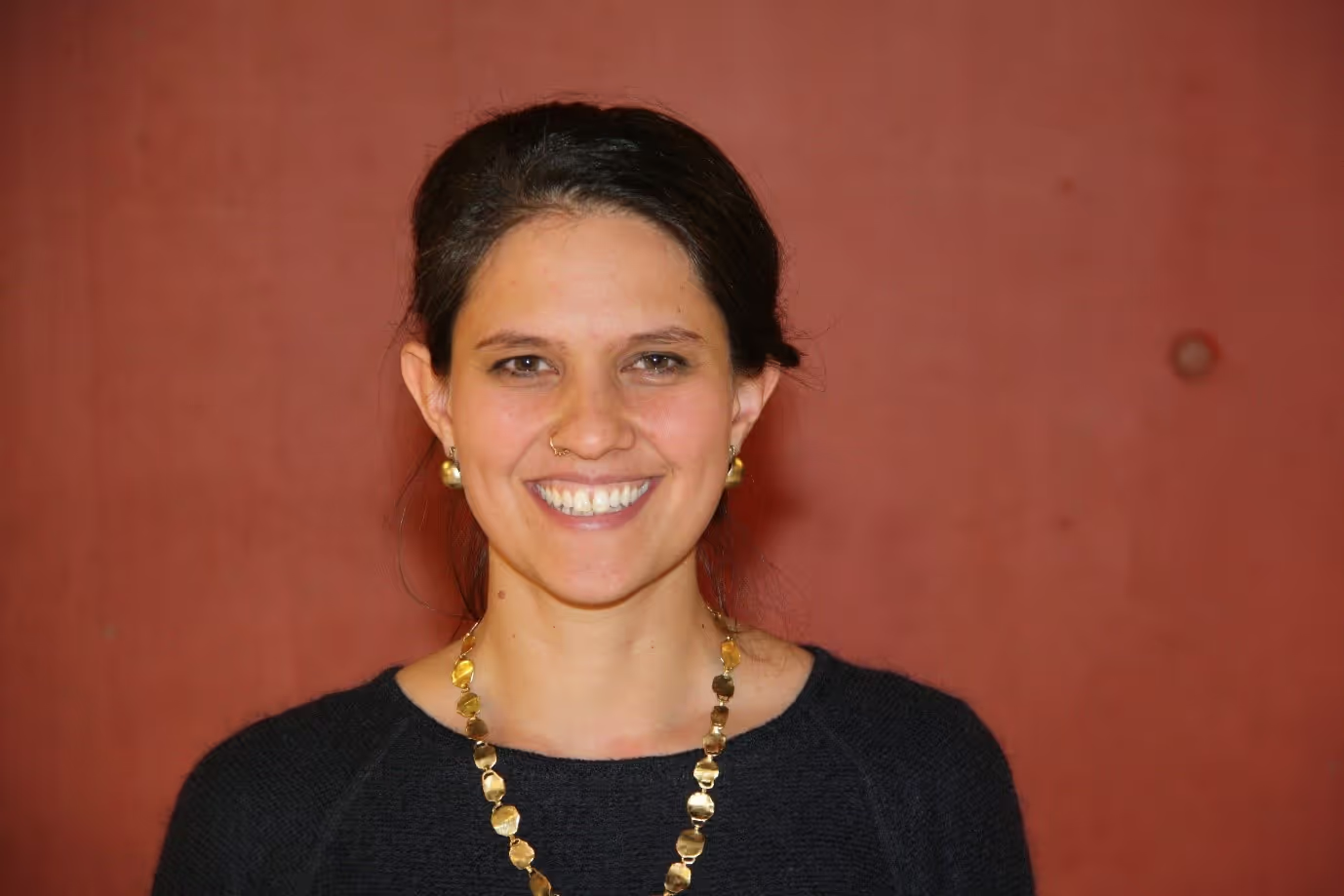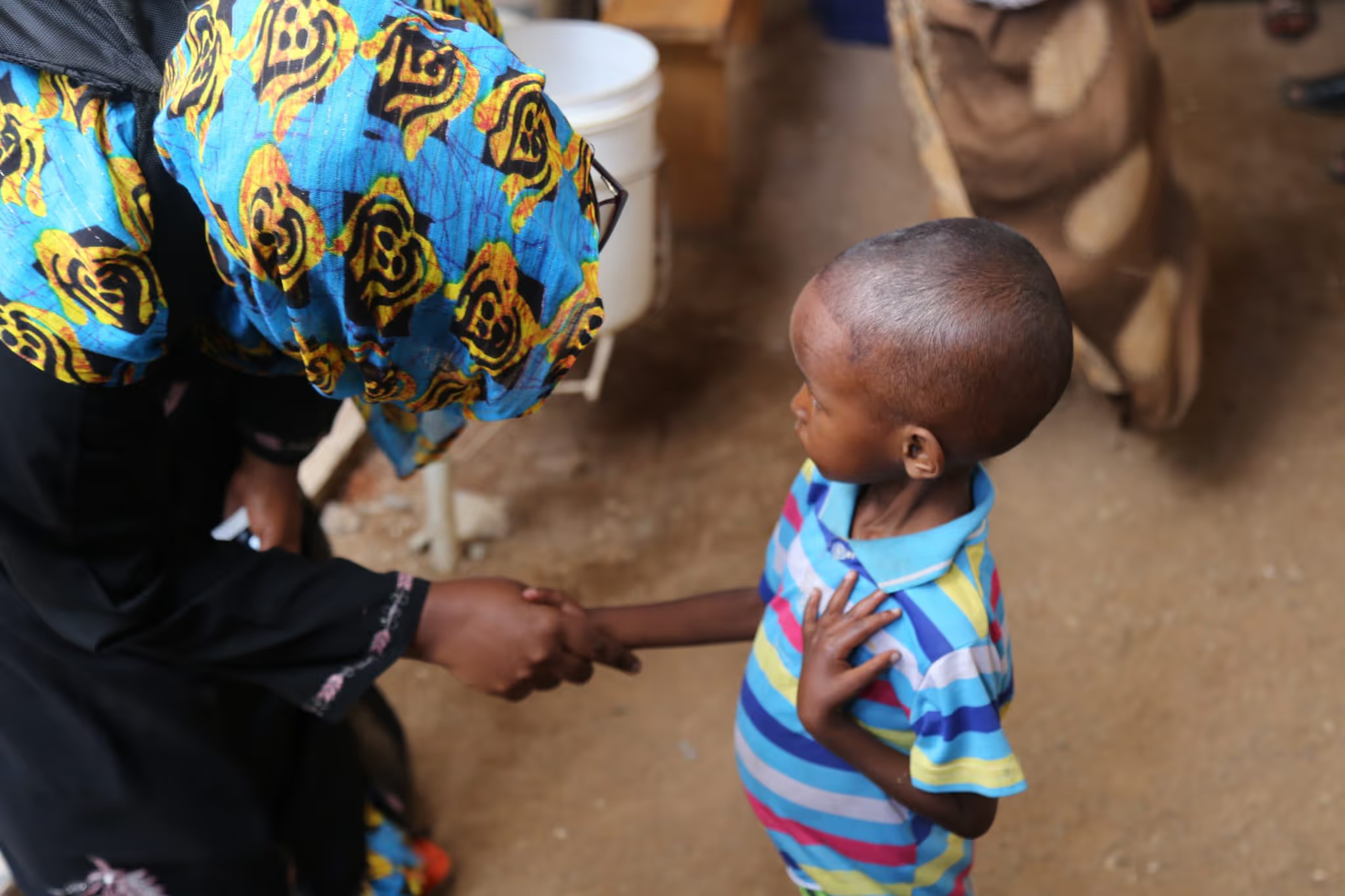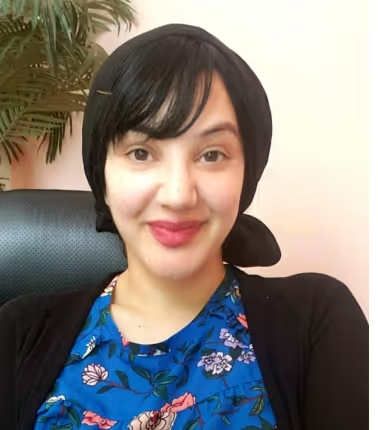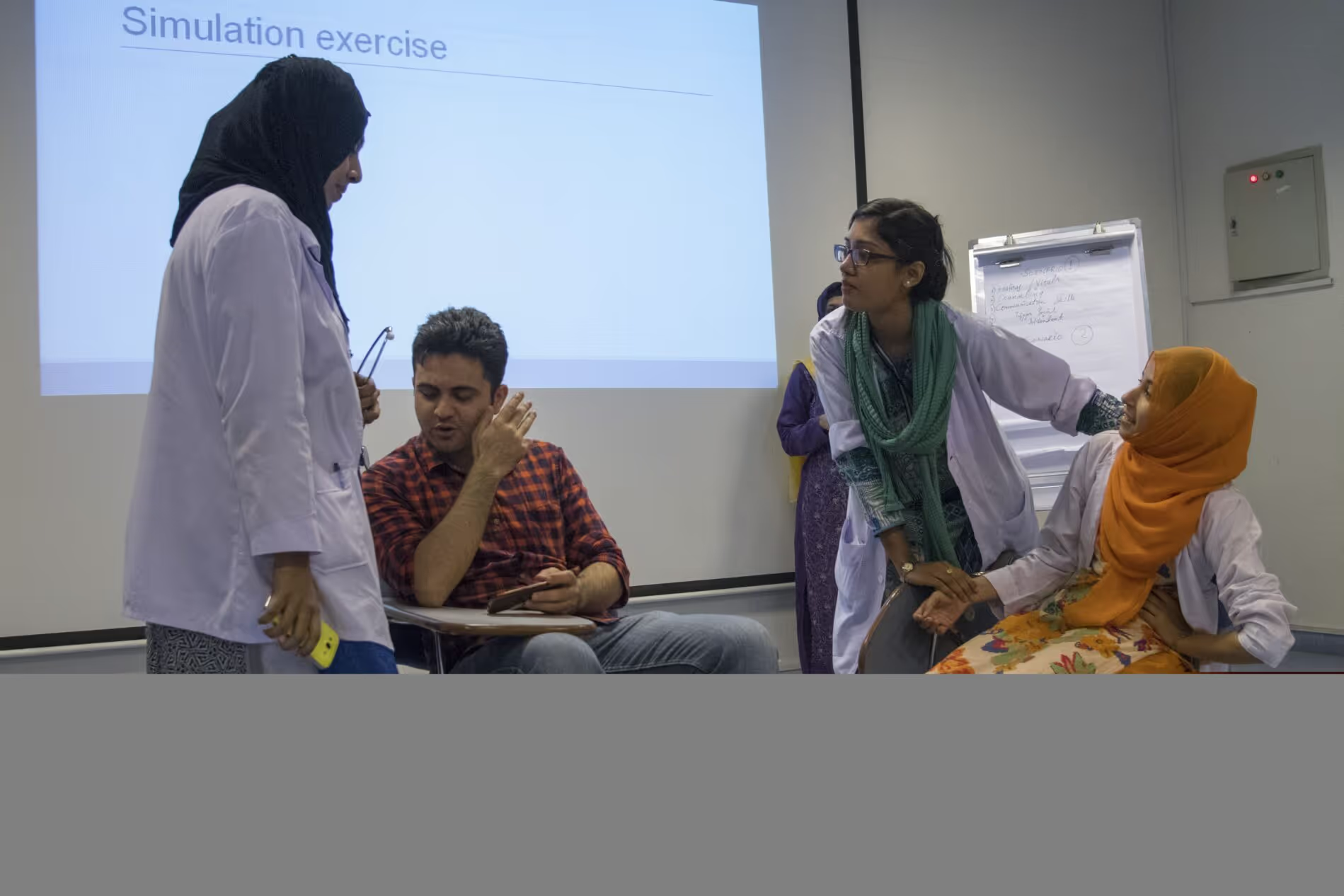Psychological ownership and handwashing-device functionality during the COVID-19 crisis
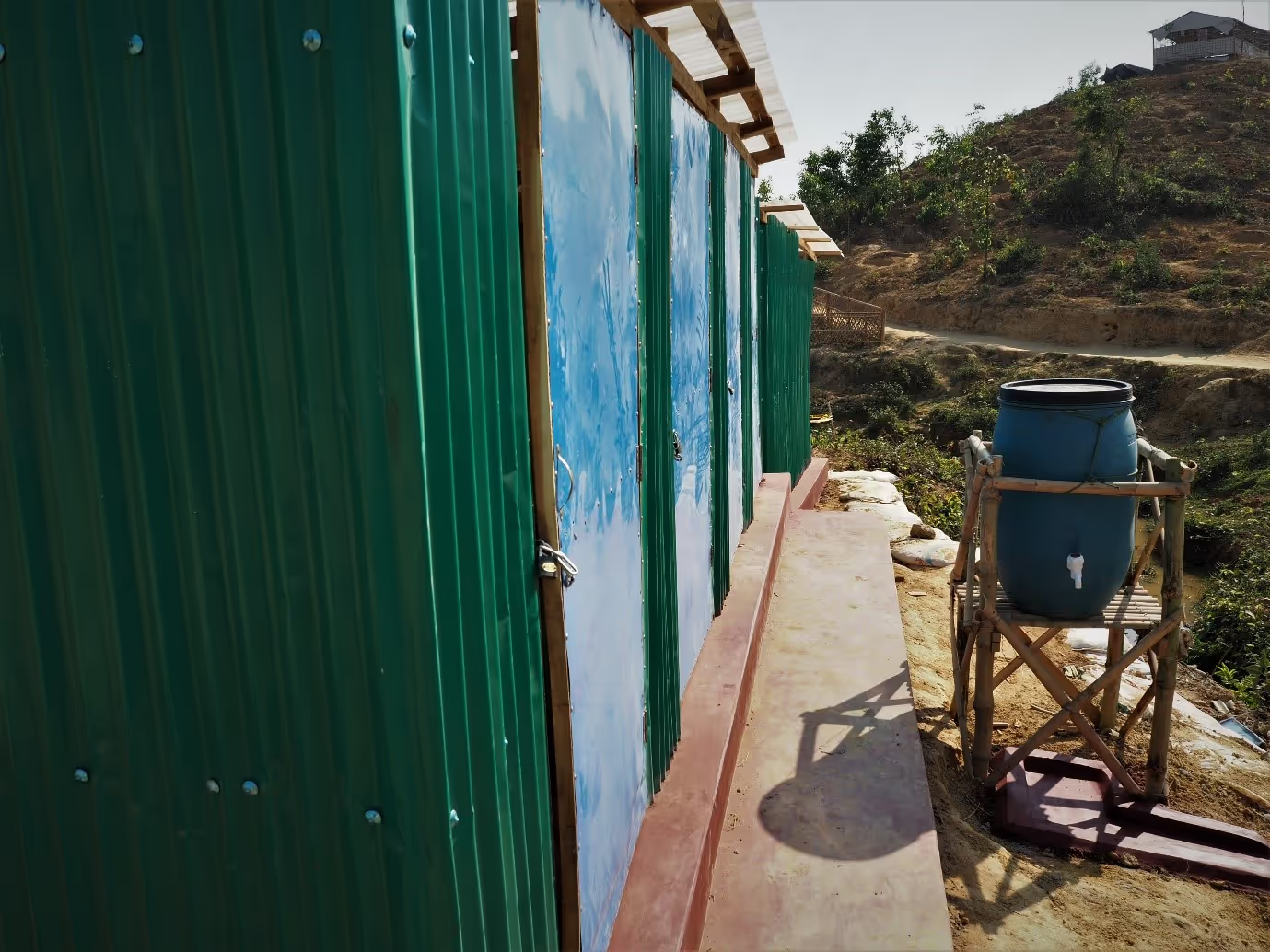
Project overview
This research will investigate the role of individual and collective psychological ownership on monitoring and maintenance of public and private handwashing devices using a controlled trial, under the current COVID-19 crisis in the context of the Rohingya refugee camp Bangladesh.
Project solution
This project offers [specific solution or intervention] to tackle [challenge]. By implementing [strategies, tools, or innovations], the project aims to achieve [desired outcomes]. The approach is designed to [specific actions or methods] to bring about meaningful change in [community, region, or issue area].
Expected outcomes
This project aims to achieve [specific outcomes], such as [measurable results, improvements, or changes]. The expected impact includes [benefits to the target community, advancements in research or innovation, or long-term effects]. By the end of the project, we anticipate [specific changes or milestones] that will contribute to [broader goals or objectives].
Principal Investigators: Dr. Christoph Lüthi and Dr. Nadja Contzen (Eawag, Swiss Federal Institute of Aquatic Science and Technology)
What did the study set out to achieve?
This research aimed to provide scientific evidence on how to increase handwashing with soap among camp residents of the Rohingya refugee camp in Bangladesh by increasing the functionality of handwashing devices.
The study investigated the role of individual and collective psychological ownership of WASH (water, sanitation and hygiene) committees and camp residents towards public and private handwashing infrastructure for their monitoring and maintenance activities in the context of the current COVID-19 pandemic.
Expected Outcomes
Together with Eawag's local partner, International Federation of Red Cross and Red Crescent Societies (IFRC), interventions will be developed to strengthen psychological ownership of handwashing infrastructure, as well as tailored checklists and guidelines for monitoring and maintenance of private and public handwashing devices. Partners and other members of the WASH cluster will use the developed materials in their COVID-19 responses in Cox’s Bazar, Bangladesh.
At a larger scale, the results will inform the discussion on improving intervention activities to increase handwashing by focusing on psychological ownership and its role for the functioning of handwashing devices.
Project delivery & updates
Stay up to date with the latest developments from this project. Here, you will find details on what has been delivered, resources created, and regular updates as the project progresses. Access key documents, reports, and other materials to see how the project is making an impact.
